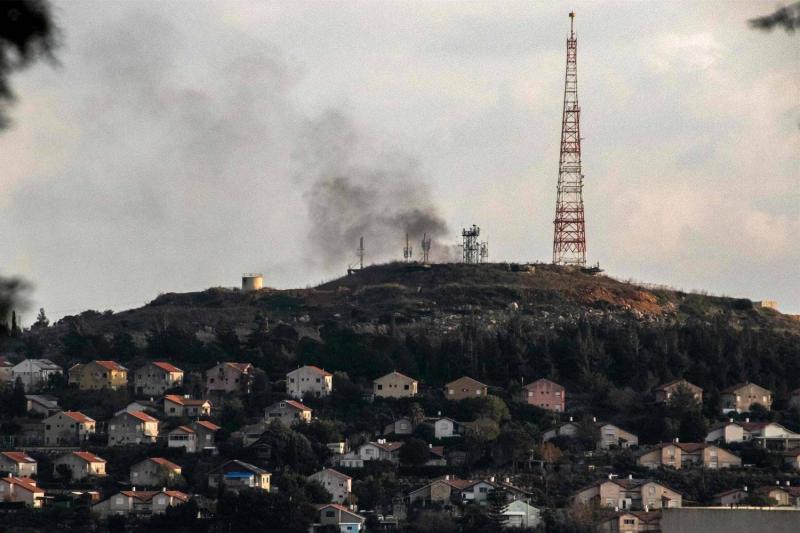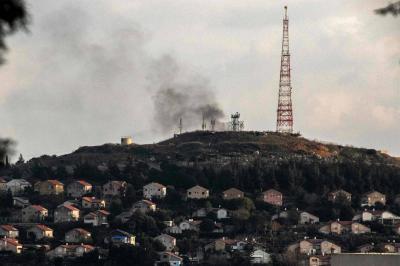Beirut is witnessing continued Arab and international diplomatic activity aimed at establishing a ceasefire in the south and implementing Resolution 1701. The European-Western initiative began yesterday with British Foreign Secretary David Cameron and Hungarian Foreign Minister Peter Szijjártó, followed by the arrival of the French Foreign Minister as part of the same Western mission.
Political sources revealed that British Foreign Secretary David Cameron discussed two main topics with those he met: the situation in southern Lebanon, emphasizing the need to halt the ongoing clashes between Hezbollah and the Israeli army, adherence to a ceasefire, and the removal of any Hezbollah presence in the area, based on United Nations Resolution 1701. He stressed the necessity of deploying the Lebanese army and UN forces along the southern Lebanese border to maintain security and stability and prevent any field confrontations between the resistance and Israel.
The second topic was the end of the war in the Gaza Strip, with the British position calling for a resolution to the conflict based on a two-state solution and recognition of the Palestinian state as soon as possible with allies. It was noted that the British did not relay any Israeli threats to Lebanon, as had been rumored in recent hours, but warned of the dangers of continued armed clashes on both sides of the border, expressing concern that the intensity of the clashes could escalate if no understanding or agreement is reached between Israel and Lebanon, including Hezbollah, to put an end to the current situation. He clearly indicated that achieving a ceasefire in Gaza could positively impact the resolution of clashes and the establishment of a ceasefire in southern Lebanon. He also confirmed his country’s readiness to provide necessary support to Lebanese armed forces to fulfill their missions in ensuring security and stability in the south.
Regarding the American envoy, media sources indicated that the visit of U.S. presidential advisor Amos Hochstein to Lebanon after his announced visit to Israel early next week is not yet confirmed and depends on the level of progress achieved with the Israeli side to report back to Lebanese officials. Additionally, French Foreign Minister Stéphane Séjourné, in his anticipated visit to Beirut next Monday evening, will convey his country's stance on the heated situation in southern Lebanon and reiterate the need for the Lebanese state to make efforts to prevent the ongoing tensions and clashes from escalating into a larger war that could harm both Lebanon and Israel. The French minister will also address the topic of the presidential elections, reaffirming his country’s call to expedite the election of a new president for the republic.




